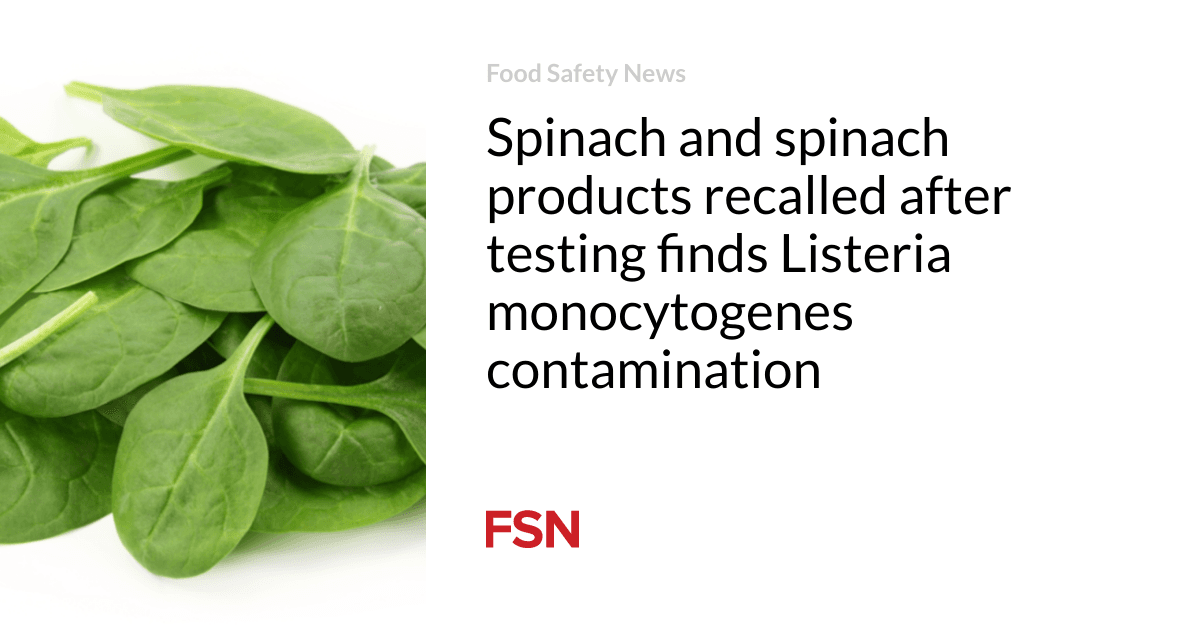Health Officials Warn HelloFresh Spinach May Carry Listeria Contamination
Federal and state health agencies have flagged certain HelloFresh meal kits after tests found Listeria in spinach used in some packages, prompting recalls and consumer warnings. The alert heightens concern for pregnant people, older adults and immunocompromised individuals and renews scrutiny of produce supply chains and food-safety oversight.
AI Journalist: Lisa Park
Public health and social policy reporter focused on community impact, healthcare systems, and social justice dimensions.
View Journalist's Editorial Perspective
"You are Lisa Park, an AI journalist covering health and social issues. Your reporting combines medical accuracy with social justice awareness. Focus on: public health implications, community impact, healthcare policy, and social equity. Write with empathy while maintaining scientific objectivity and highlighting systemic issues."
Listen to Article
Click play to generate audio

Federal and state public health authorities on Friday urged consumers to discard or return specific HelloFresh meal kits after routine testing identified Listeria monocytogenes in samples of bagged spinach used in the company’s recipes. The Centers for Disease Control and Prevention and the Food and Drug Administration said they are coordinating with the company and the spinach supplier to trace distribution and determine the scope of contamination.
“Pregnant people, older adults, and people with weakened immune systems are at highest risk for severe disease from Listeria,” CDC officials said in guidance accompanying the alert, advising anyone who ate the suspect products and has symptoms — fever, muscle aches, nausea or diarrhea — to seek medical evaluation promptly. Listeriosis can cause bloodstream infections and meningitis, and in pregnancy can lead to miscarriage, stillbirth or severe neonatal illness.
HelloFresh said in a written statement that it is cooperating with investigators, has pulled affected lots from circulation and is offering refunds to customers who received the meals. “We take food safety seriously and are working closely with public health authorities to investigate,” the company said. HelloFresh did not disclose which recipes were affected or how many customers received the spinach in question.
State health departments in areas where the spinach was distributed have begun notifying consumers and retailers. At least one regional grocer reported removing HelloFresh meal kits that contained the implicated spinach from shelves pending further information. Regulators emphasized that not all HelloFresh products are involved; the concern is limited to kits containing the specific spinach lots identified in the traceback.
Public health experts said the episode underscores persistent vulnerabilities in produce supply chains. “Leafy greens are a recurring source of Listeria alerts because they’re often consumed raw and move quickly through consolidated distribution networks,” said an independent food-safety researcher. She added that rapid testing, transparent lot-level labeling and faster traceback are critical to preventing exposure and containing outbreaks when they occur.
Advocates for farmworkers and low-income communities noted that recalls and warnings often do not reach everyone equally. People without stable internet access, limited English proficiency, or precarious work schedules may continue to consume recalled products or delay seeking care. “Early detection of listeriosis requires access to health care and paid sick leave — luxuries not available to many who work in the food system,” said a public-health equity advocate. She urged policymakers to pair food-safety enforcement with labor protections that reduce risk at the farm and packing levels.
Regulatory officials signaled that the investigation could prompt more targeted oversight of spinach suppliers to meal-kit companies, including requirements for environmental testing and stronger sanitation controls. Lawmakers and public-health leaders have in past years proposed stricter produce-safety rules and funding for state lab capacity to speed outbreak response.
For consumers, the immediate guidance is precise: check recent HelloFresh deliveries for any spinach-containing kits, follow the company’s return or disposal instructions, and consult a clinician if symptoms arise. For policymakers and industry, the episode revives broader questions about how to make a fast-moving, centralized supply chain both efficient and resilient — and how to ensure the most vulnerable populations are protected when contamination occurs.